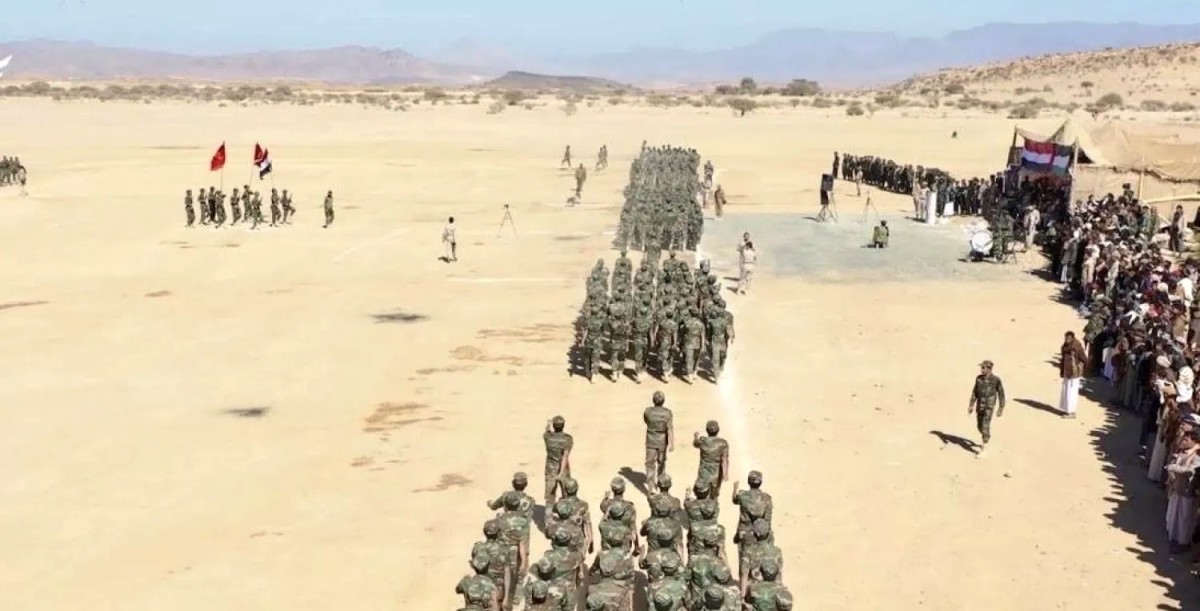Al-Houthi requires university students to carry weapons


In the context of the state of alert that the Houthi group is experiencing in Yemen under allegations of preparation for confrontation with Israel, it obligated students of public and private universities in areas under its control to carry weapons, and forced females to enroll in first aid courses, days after all public employees were forced to carry weapons.
Students at Sana'a University and private universities told Asharq Al-Awsat that Houthi supervisors from the Mobilization and Mobilization Department sent trainers on the use of weapons to the universities, ordered the suspension of studies for a week in each university separately, and turned the university courtyards and lecture halls into places for training on weapons. Fighting and the use of weapons for all enrolled male students, and this was considered a condition for confirming loyalty to the group.
According to these sources, females were also told to attend first aid training courses, with confirmation that enrollment in these courses would be a criterion for obtaining additional grades and removing suspicion of opposition. However, in the event of abstention, the male or female student would be subject to having grades deducted from his or her annual sum. , especially the 30 percent that is classified as attendance and interaction scores in the classroom.
This step came days after the Houthis forced all public employees, including the elderly, to carry weapons and enroll in combat training courses. The group sees this as a condition for whether or not it is eligible to remain in operation, and as an acknowledgment of loyalty to it for escalating its attacks in the Red Sea.
Farmers and tribes
In Ibb Governorate (193 kilometers south of Sanaa), local sources told Asharq Al-Awsat that the Houthi group also forced farmers and construction workers to join what they call mobilization courses for weapons training.
According to the sources, the group, through the notables of the regions and villages, mobilized farmers to schools after stopping the educational process, and subjected them to training courses on how to use and install weapons, dealing with a supposed enemy, and sniping operations.
In contrast to what the group calls armed tribal stances in the areas surrounding or near Sana’a, in which participants attend with their personal weapons, the sources indicated that those enrolled in these courses in the countryside of Ibb Governorate, who are mostly farmers or daily workers, and do not possess weapons, are satisfied with The group by making them participate in marches carrying its sectarian flags and slogans, forcing them to walk a long distance, chanting slogans in support of the group’s leader, and preparing them to fight against Israel.
Although the leaders of the Houthi group realize that the population does not accept sectarian mobilization in that they wish to stop the war and reduce the taxes imposed on them, the sources reported that the general goal of the group is to make public opinion believe that there is popular support for its steps in the escalation in the south of the Red Sea and to repudiate the agreements. Peace, even in this province that has become a symbol of opposition to its rule.